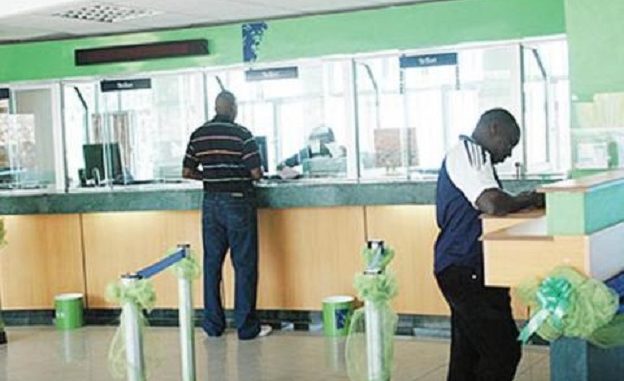
If you have been buying companies’ shares but you have not been receiving dividends from your investment, you need to find out what the issue is.
It probably may not be because the company you invested in did not declare dividend payment; it may be that your details are not up to date with the registrars of the firm in which you have shares.
When you invest in a company by buying its shares, your utmost desire is to make a profit through dividend payment and bonus issues.
To ensure you get these benefits, you need appropriate documentation.
Proper documentation will also reduce the rate of unclaimed dividends prevalent in many organisations.
Unfortunately, many shareholders have trouble getting returns on their investments due to documentation issues.
There is, however, an easy way out for shareholders to avoid such a trouble.
The E-Dividend Mandate Management System makes it possible for your dividend to be paid directly into your savings or current account in any bank of your choice.
It was developed to serve as an online verification platform for the processing of dividends.
It allows you to register your bank account details for electronic payment of dividends into your preferred account.
You can also register for e-dividend at any of your bank’s branches nationwide or at registrars’ offices.
When you register, you will be able to enjoy direct payment of your dividends into your registered bank account.
How to go about it:
- To start with, get your share certificates together and contact a stockbroker to help you sort out your holdings. Registrars and accredited outlets upload completed E-DMMS forms by shareholders who apply for e-dividend payment.
- You may go to any of your bank’s branches to complete the e-dividend mandate form, which will be verified and stamped by the bank and forwarded electronically to the registrar.
- Completed forms that have been verified by the bank will be forwarded electronically to the relevant registrars via the portal.
- The registrars will carefully register the shareholder’s account number, name, signature and clearing house number, and ensure that there is no mistake with the information. The shareholder’s number and company of investment will be indicated on the form.
- After this, the scanned copy of the completed e-dividend mandate form will be uploaded on to the portal, which can be easily accessed by the shareholder’s registered bank for the verification of his/her bank account details. The shareholder’s bank may reject the mandate uploaded by the registrar if there are discrepancies in what is uploaded and the information that the shareholder has with his bank.
- Once the process is completed, the shareholder does not need to visit the registrar again.
It is important to register for e-dividend payment and avoid a situation where the company you invested in is paying dividends but yours is not getting to you, ending instead in the pool of unclaimed dividends.
Creating strong passwords
The rapid growth of the use of the Internet and membership of social networking services has led to exponential growth in online fraud and scams.
Criminals often try common and easy-to-guess passwords in an attempt to illegally hack into online accounts. The following tips can help you to create strong passwords that are more difficult to crack, according to a report by http://www.bangor.com.
Do not use publicly accessible or well-known information about yourself, such as your name or names of friends, pets, or family members.
Do not use special dates like anniversaries or birthdates; social security or other identification numbers like employee IDs or driver licence numbers.
Avoid using complete words that appear in any dictionary regardless of the language.
One approach is to start with the first letters of a familiar phrase. For example, “Mary had a little lamb” becomes Mhall, which could be part of a secure password.
Mix it up! Use a combination of upper and lower case letters, numbers, and punctuation/special characters, such as &^$#.
Create a different password for each website you have a login for, especially for sites that contain financial information. Avoid using a social account like Twitter or Facebook to create accounts on other websites.
Once you have created strong passwords, keep them to yourself! You never know what the future will bring in relationships or co-workers, so do not give your password out to anyone. If you access a lot of different websites, there are availableprogrammes and devices where you can securely store your passwords. Don’t write them down in a place where others can find them.
source: Punch